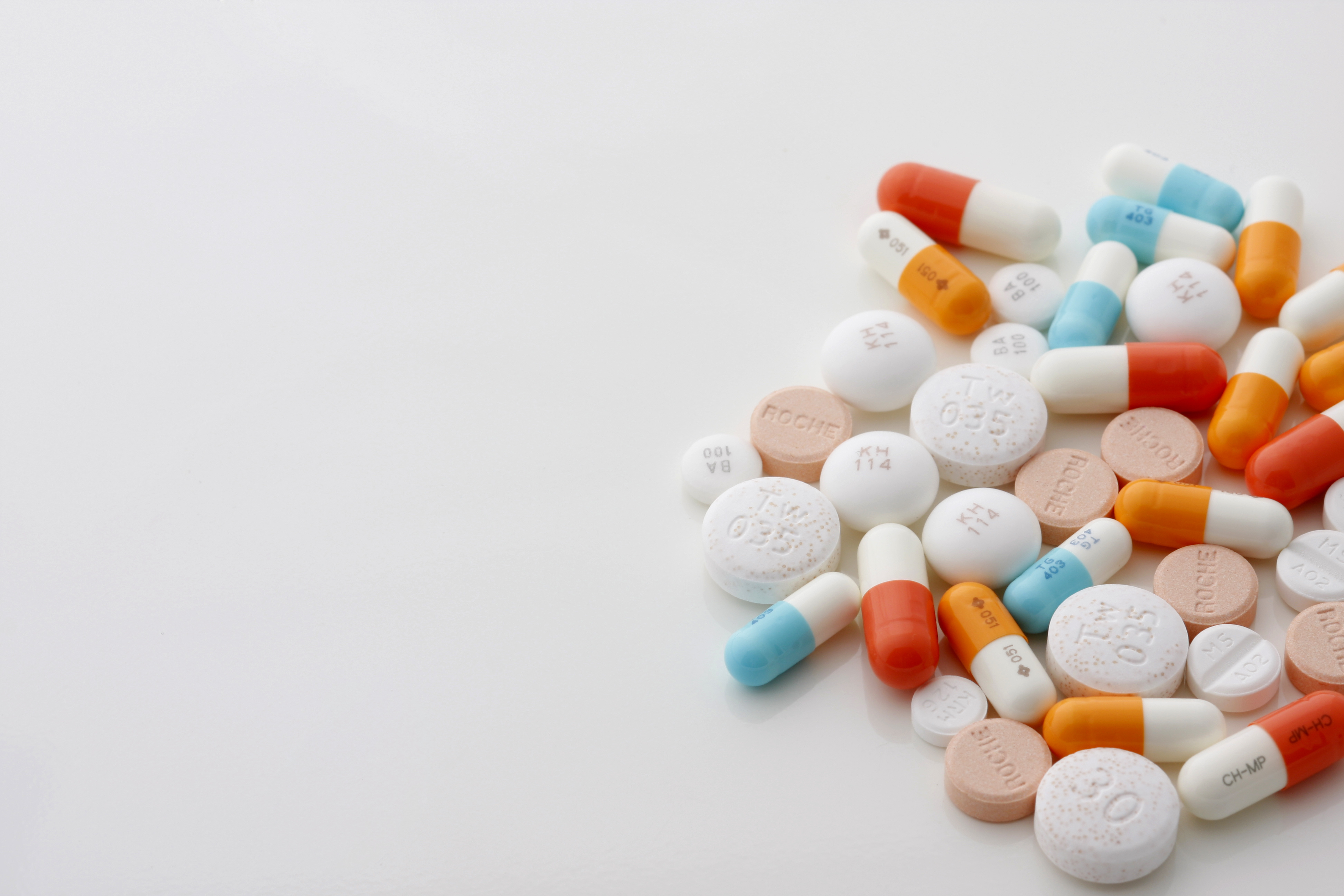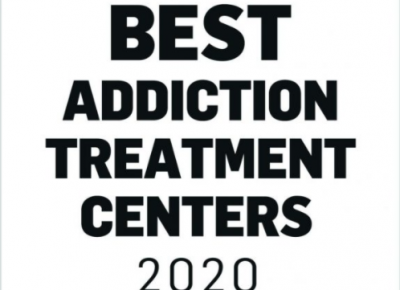Tell them that you're concerned about their habits and ask if they're open to hearing your thoughts. Attempt to utilize non-blaming language and prevent raising your voice or snapping. what is the difference between drug abuse and drug addiction. They will likely respond better if you interact from a place of thoughtful issue. It may also assist to talk about specific habits or incidents connected to their addiction that have actually directly affected you.
They may not be open to discussing this alternative. They may end up being defensive. If this happens, let it go for the time being. Don't threaten or pity them. Instead, begin talking with other household members and worried celebrations to start planning an intervention. If the individual is in grave threat or does not react to your concerns, it might be handy to stage an intervention.
Their assistance may be very practical, especially if they want to go to the intervention itself. Arrange a time when pals, family, and other worried celebrations can congregate. Enable a minimum of a couple of hours for the intervention. Everyone present must have sufficient time to communicate his or her ideas and feelings.
Do not attempt to lock the doors or block their exit if the meeting doesn't go well. They need to have the ability to leave if they aren't prepared to take part in the intervention. The intervention will only work if they accept it. When they arrive, discuss that you have actually collected everybody together because you're worried about their habits.
Encourage them to reveal their concern for the individual's welfare. It might likewise help to go over the consequences that could occur if the person's habits continues. It's important to prevent threatening them. Offer the individual info and resources about various programs or treatment centers where they can start their healing process.
If they're not prepared, let them leave the intervention. You can't require them to listen or to start a recovery program against their will. If the individual enlists in a recovery program, stay involved with the procedure. Do not send them off to a healing program and presume that all will be well.
The Ultimate Guide To What Causes Drug Addiction
If they look into a treatment center, go to or send them care packages if possible. Take part in household days or program sessions where you're welcome. Offer your assistance and communicate your determination to be a part of their healing procedure. For instance, it may be useful to purchase books or other resources that will help their recovery.
While support is very important, excessive involvement can be unhealthy for the person with the addiction and you. Whether they're in recovery or still using the addictive substance, it's vital for you to strike a proper balance. If they refuse to seek assistance or they start utilizing once again, let them understand what boundaries you will set on your relationship as long as they continue to use.
You might need to cut off contact in order to maintain your own emotional well-being. Keep in mind, you can't help your loved one if you're not well yourself. Similarly, you can not want the modification for the individual; they need to desire to change. If they remain in recovery, show your support, but don't try to micromanage their life or healing process.

Throughout it all, do not lose sight of your own needs. Loving somebody with an addiction can be a difficult experience. The very best thing you can do is let them understand you appreciate them, while still maintaining appropriate limits and safeguarding your well-being.
This section will assist you in how to assist somebody with a dependency. When somebody fights with dependency, it can have major unfavorable results on their relationships with family, pals, and work coworkers. If you know or suspect that somebody in your life suffers from alcohol or drug dependency, you will probably want to assist the one that you love, however this can be met hostility or rejection (how to explain drug addiction to a child).
This undoubtedly effects those closest to them, and expert help may be required to get them to treatment and into recovery. It is very important for family members and pals to recognise the symptoms and signs of dependency. These can vary depending on the kind of addictions they are dealing with, whether it be drugs, alcohol or betting dependency.
Indicators on How To Get Help For Drug Addiction Without Money You Should Know
A few of the most typical indications that someone is struggling with dependency consist of: Developing problems at work or school Lying about the substance or how much they use Blowing up when inquired about their use Altering friends groups Secretive behaviour, lying, stealing Changes to regular habits or mood swings Giving up social activities Criminal behaviour Appearing intoxicated more often Issues with memory or cognition Uncommon tiredness Bloodshot eyes Fast weight variations Poor health and grooming As much as you desire to assist your loved one, it is typical for those who suffer from addiction to show unfavorable behaviours and mindsets when confronted about their utilizing - how drug addiction affects relationships.
It can be discouraging and complicated for those around the individual impacted to continue seeing them behave in devastating methods and stay in denial when faced. When challenged, the individual affected will deny they have an issue, and will typically respond in anger, initially or if pressed on the concern.
Even the "nicest" technique may be consulted with anger. The person impacted may start to avoid you, or avoid speaking about their issues, if they begin to feel "assaulted". An individual with addiction will frequently use as a coping technique to avoid problems and may continue this avoidance behaviour, beginning to shut themselves away from you and other enjoyed ones that challenge them.
In these cases, family and friends might be lured to action in and help, such as taking over their responsibilities, providing money, doing more household chores and childcare or apologising to other individuals for their behaviour. It can be challenging to fix a limit in between supporting a loved one and allowing them.
In many cases, it is not until the individual is faced with the effects of their actions and behaviour that they can come to terms with their own dependency and dedicate to treatment and healing. The old knowledge is that somebody with dependency need to be treated with "hard love" by those around them to provide them the incentive to alter.
Without assistance, the person who is addicted can feel much more alone and cut off, which will drive them to utilizing more. Negative social support is one of the best barriers to entry to treatment, as https://lanexhcc400.skyrock.com/3341708864-The-Basic-Principles-Of-Would-Most-Quickly-Result-In-Dependence-Or.html the person fears they will be ostracised from their friends and family. However empathy can be among the greatest incentives that household and buddies can use, as they encourage the addicted individual to seek assistance.

The Why Is Drug Addiction A Disease Statements
Leading specialists now believe that compassion and social assistance can be essential to getting people into treatment, and remaining in healing. Nevertheless, it is very important to comprehend the distinction between making it possible for and supporting, which can indicate the distinction in getting treatment or not. Some ways to work out empathy include: Open questions Family inclusion in therapy Listening and acknowledging discomfort Working on comprehending addiction Stressing care and concern Somebody having problem with dependency is normally already feeling deep guilt, pity and anger about their using.